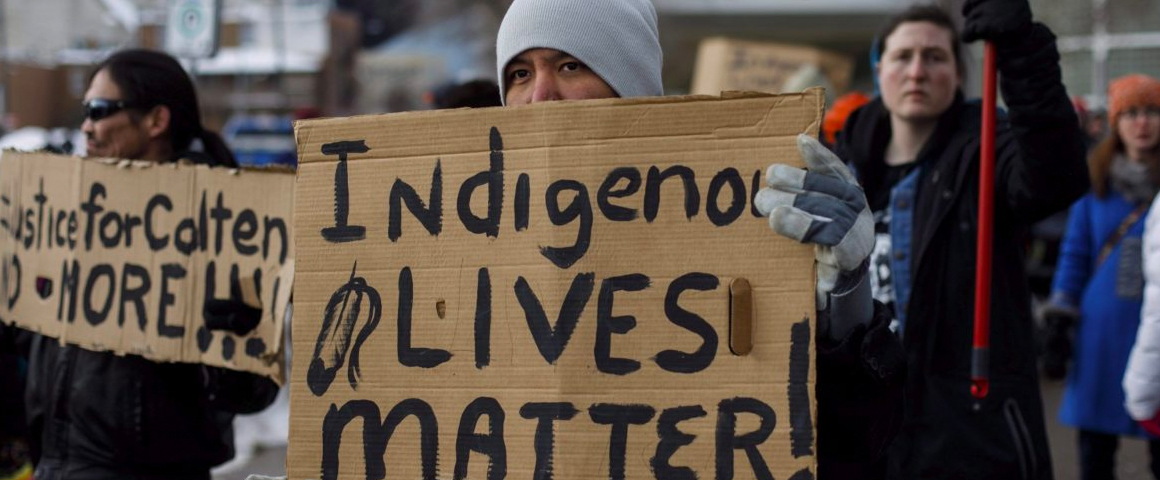First marked in 1996 as National Aboriginal Day, June 21 was renamed last year as National Indigenous Peoples Day, a holiday to honour the cultures and contributions of the First Nations, Inuit and Métis Indigenous peoples, who number 1.7 million people in this country, and speak over 60 distinct languages. The summer solstice is a date with deep significance among many peoples as they celebrate their traditional heritage, but it took years for this particular holiday to win recognition in Canada. In 1982, the National Indian Brotherhood (now the Assembly of First Nations) called for the creation of a National Aboriginal Solidarity Day every June 21. This concept was backed in 1995 by the Royal Commission on Aboriginal Peoples, and also by The Sacred Assembly, a country-wide conference of Aboriginal and non-Aboriginal peoples chaired by Elijah Harper. It finally became reality the next year.
As we celebrate this important occasion with gatherings, pow-wows, marches and protests, the federal government should pay close attention. PM Justin Trudeau’s politics of symbolic recognition has failed miserably, and there is growing anger among Indigenous peoples. Trudeau’s key promises – to build new nation-to-nation relationships, to ensure that only communities can give consent to major resource projects, to fully respect the terms of the UN Declaration on the Rights of Indigenous Peoples – have all been broken. Dozens of reserves still lack clean drinking water, the jails are still full of Indigenous peoples, equitable funding is still not provided for child and family services on reserves, and thousands of Indigenous people remain homeless on the streets of our cities.
Canada prides itself on being a country of equality, justice, democracy, and human rights. But while the original peoples of this land are still denied meaningful access to these values, that claim is a mockery of reality.




